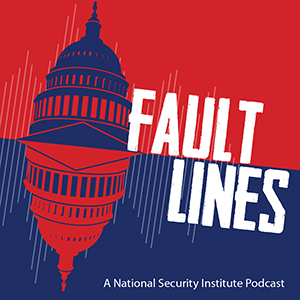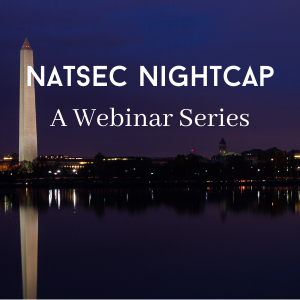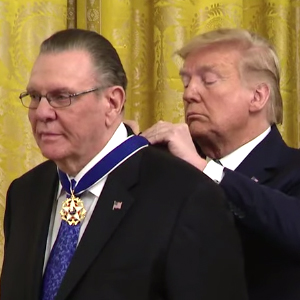In This Episode: “We are in the middle of the cyber battlespace.”
Fault Lines welcomes Dr. Samantha Ravich, former Deputy National Security Advisor to Vice President Cheney and Commissioner of the Cyber Solarium Commission which recently released their report. What is layered deterrence? Is it possible to create a continuity of economy plan? What is a solarium anyway? Dr. Ravich and host Lester Munson, answer these questions and many more!






 – NSI Visiting Fellow; Senior Vice President at Beacon Global Strategies LLC
– NSI Visiting Fellow; Senior Vice President at Beacon Global Strategies LLC




 – NSI Visiting Fellow; CEO and founder of ANOVA Intelligence
– NSI Visiting Fellow; CEO and founder of ANOVA Intelligence



